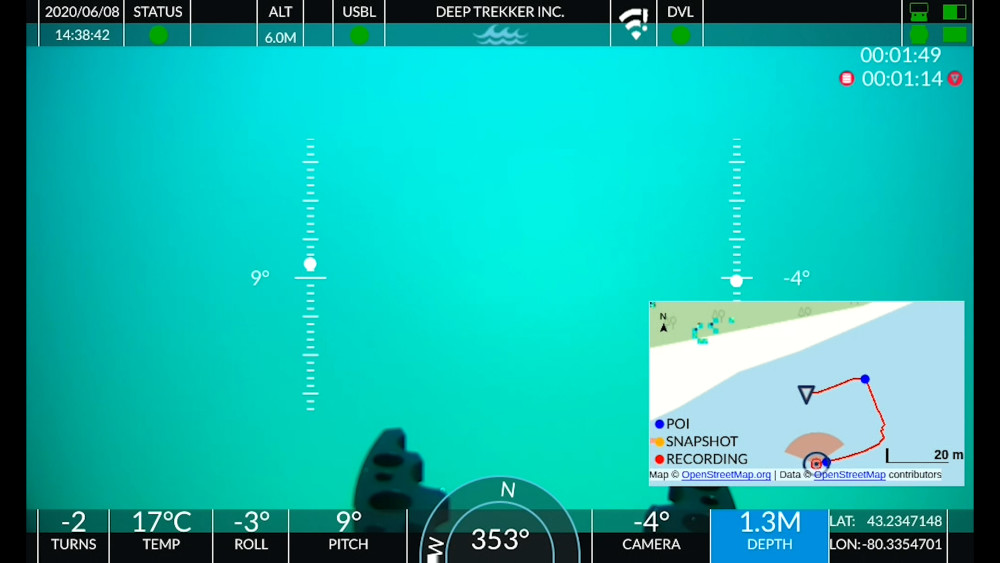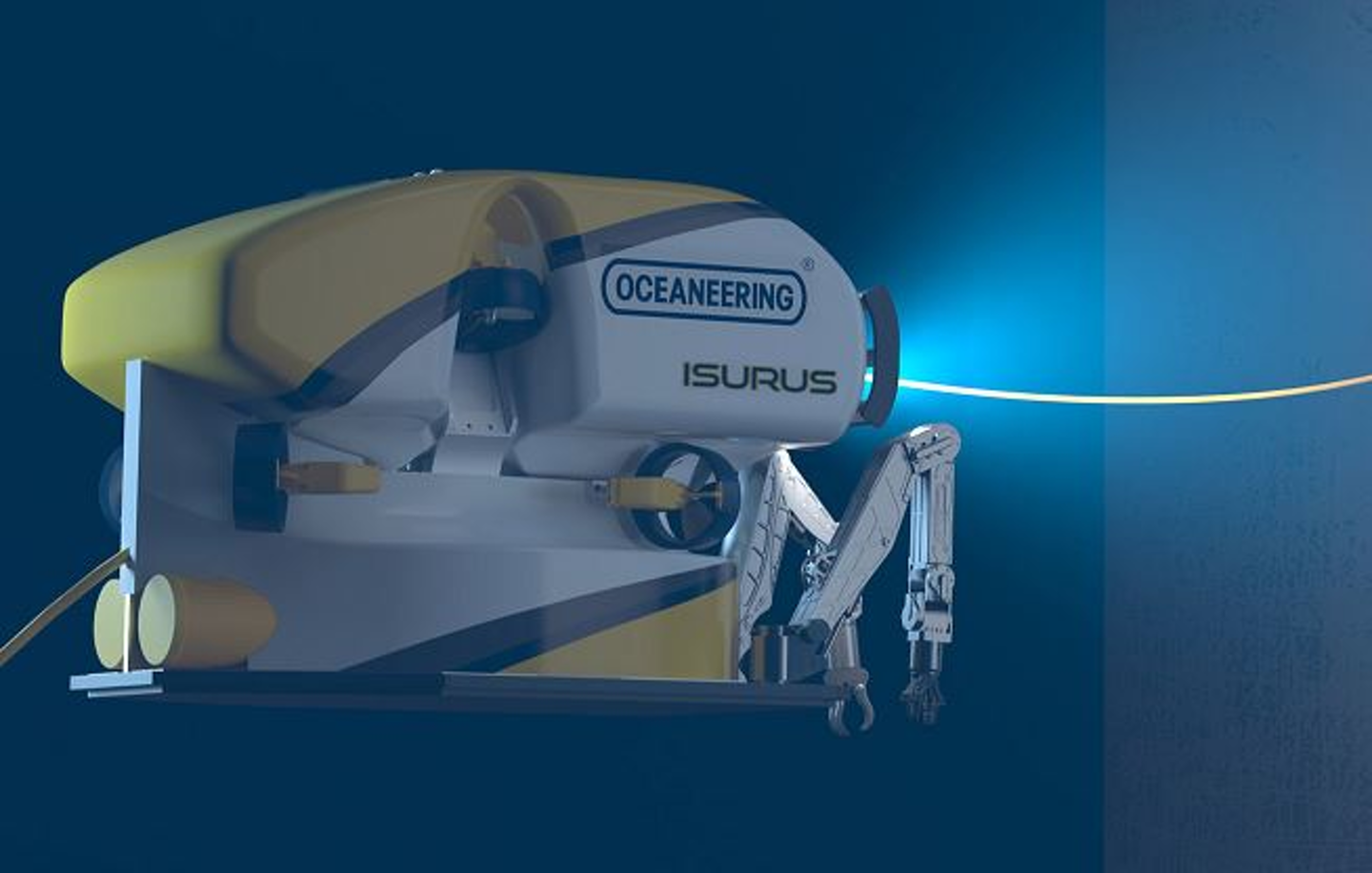Home › Forums › ROV › ROV Rookie Corner › New to the ROV industry? [Thread Locked]
- This topic has 0 replies, 1 voice, and was last updated 16 years, 5 months ago by
James McLauchlan.
-
AuthorPosts
-
August 3, 2008 at 1:01 pm #1700
James McLauchlan
ParticipantThis is one exception I will make to double posting. The point needs not to be missed by those new to this website/industry. For that reason I have posted the same in the General Board.
New to the ROV industry?
Consider this.
You are new to the ROV industry and about to post on a website that has been around since 2003.
The site has received 11,391,408 (yep! over 11,million) page views since Sat 13th Dec 2003
During that time our Forum members have posted a total of 18,654 articlesBefore posting and asking a question you need to consider that it has more than likely already been asked over and over again:
- Use the Search facility in the Forum to see if you can an already posted answer to your question(s).
- Check the FAQ section. There are a good few pointers in there on how to approach the industry.
So, please do some research before posting. Many experienced members round here are less than pleased to respond when they see a post that pretty much says:
‘Please tell me about the industry and get me a job’
Yep! We have has a good few along those lines.
If you start by saying:
"I have read the FAQ’s and searched the Forum but can’t find what I need… can someone please help me out with….. [add your question]"
…… then at least it shows us that you have tried to do some homework before asking and you’ll most likely get a reasonable response.
ROV Definitions and Activities
Remotely Operated Vehicles are electrically powered and controlled via an umbilical, manoeuvring themselves in response to human commands with either hydraulically or electrically driven thrusters.ROVs are classified roughly by the nature of the task they do. They are found on offshore platforms, support vessels, in nuclear power plants, in reservoirs, and salvage projects, and even submarine rescue situations. ROVs have the ability to “hover” and stay on location to perform a task.
The range of tasks carried out by the offshore industry that require the use of ROVs can be defined by considering the life-cycle of an oil and gas field, from exploration drilling (seabed inspection, valve operation, riser inspection, BOP hydraulics operation, etc.), to field development and production (platform and pipeline inspection, subsea hardware installation, infrastructure repair and maintenance) to decommissioning.
Work-class ROVs are equipped with manipulators and can have a variety of tools available (cutting disks, saws, etc.) via a removable “tool-skid” to suit a particular job. There are some ROV classed as heavy-duty due to increased payload and power availability, and also a “survey and inspection” class. The personnel operating and maintaining work-class ROVs must be highly trained as the technology involved can be complex.
Eyeball class ROVs normally are all-electric powered and have no manipulators or payload capacity. They are used solely for inspection duties. Eyeball systems are smaller, cheaper and simpler than the larger work-class systems, but are widely used in situations outside the offshore industry. They perform inspection tasks inside the cooling systems of nuclear power stations, investigate problems inside reservoirs and large tanks, and can be fitted with other sensors appropriate to the situation if required. Some eyeball ROVs are mounted on large work-class systems that they use as a local base, and for which they provide extra viewing capability during complex operations.
-
AuthorPosts
- The topic ‘New to the ROV industry? [Thread Locked]’ is closed to new replies.



